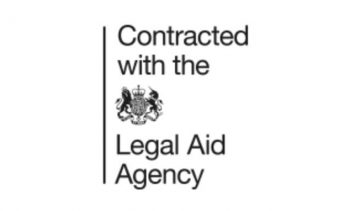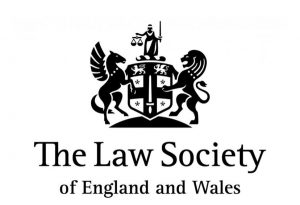Under UK law, it is the responsibility of parents for the living cost of their children. It is therefore important that when you are going through the divorce process or separation that you consider the financial arrangement for your children. This should be high on your list of priorities.
Below are some of the most frequently asked questions about what is child maintenance, and what it covers.
What is child maintenance?
Child maintenance is an arrangement between two parents of a child to cover a child’s living cost and it is paid when one of the parents is no longer with the child. It is therefore the non-resident parent (NRP) who pays to the parent with care (PWC).
This arrangement can also be made even when the parents haven’t been in a relationship.
What costs does child maintenance cover?
The payment of child maintenance covers the daily needs of a child, such as food, clothing and housing. With a family-based arrangement, the school fees of a child can be covered in the child maintenance to be paid.
What is a family-based arrangement?
A family-based agreement is an agreement that parents come to between themselves without having to result to the use of a legal entity or the Child Maintenance Service (CMS).
Family-based agreements offer less protection as they are not legally binding as they often require parents to be on amicable terms to agree.
How much child maintenance should I pay?
If the amount to be paid cannot be agreed upon. The Child Maintenance Service can help with the calculation of the amount to pay. However, to do so, few factors will be considered by the service.
These factors include:
- Your gross weekly income
- Any benefit that you might receive
- If you pay maintenance to any other child
- How many times a year do the children stay overnight with you.
Click the link to be directed to the child maintenance calculator provided by the Government.
When does child maintenance stop?
Child maintenance payments are expected until your child reaches the age of 16, or 20 if they’re in school full time doing A-levels or equivalent higher education.
Our solicitors are ready to be of assistance in your family law matter, so if you have any further questions or need any support, you can reach out to one of our team or get in touch here.


